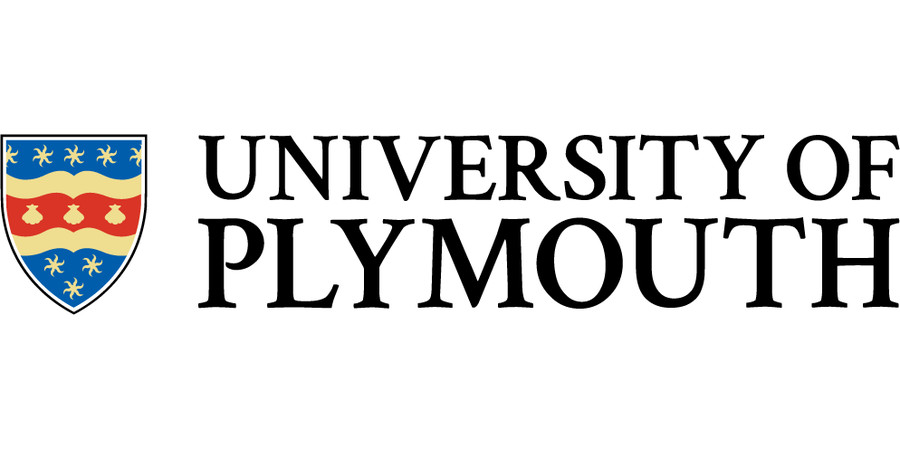PhD Studentship - Chemistry: Ocean Biomass Catalysis - Enzyme-Catalyst Hybrids for Renewable Chemical Production from Invasive Seaweed Species (OCEANCAT)
University of Plymouth - Sustainable Chemistry and Catalysis Group
| Qualification Type: | PhD |
|---|---|
| Location: | Plymouth |
| Funding for: | UK Students, EU Students, International Students |
| Funding amount: | £20,780 Stipend + Fees |
| Hours: | Full Time |
| Placed On: | 28th November 2025 |
|---|---|
| Closes: | 2nd February 2026 |
Funding: The studentship is supported for 3.5 years and includes Home or International tuition fees plus a stipend of £20,780 per annum 2025-26 rate (2026-27 rate TBC)
Lead Supervisor (DoS): Dr Lee Durndell
Second Supervisor: Professor Karen Wilson
Third Supervisor: Dr Thierry Tonon
Fourth Supervisor: Dr Leonardo Gomez
Applications are invited for three 3.5 year PhD studentships with the Marine Institute at the University of Plymouth. The studentships are due to start on 1st October 2026.
Plymouth has been at the forefront of global marine research for more than a century, and today it is home to the largest concentration of marine researchers in the UK. Come and join our vibrant community of marine PhD students.
Project Description
The UK’s coastal waters are increasingly affected by invasive seaweed species such as Sargassum muticum (wireweed), which disrupts marine habitats and threatens biodiversity. Yet these fast-growing, nutrient-rich organisms represent a vast, renewable feedstock for sustainable chemical and fuel production. Converting this underused biomass into valuable products could simultaneously protect ecosystems and advance the UK’s transition to a low-carbon, circular economy. However, current methods for processing seaweed carbohydrates are inefficient, relying on separate enzymatic and chemical steps that lack integration, selectivity, and process control.
This project will pioneer a biomimetic hybrid catalytic platform that unites the precision of enzymes with the robustness of hierarchically structured heterogeneous catalysts. By mimicking natural compartmentalisation and metabolic pathways, the approach will enable efficient, selective conversion of invasive seaweed into renewable platform chemicals and low-emission marine fuels. The work directly supports UK priorities in bioscience discovery, sustainable manufacturing, and biodiversity restoration, transforming an environmental challenge into a valuable green opportunity.
The student will design and synthesise hierarchically porous nanomaterials with spatially controlled active sites, integrating them with tailored enzymes that target seaweed-derived carbohydrates (derived from Ulva Lactuca). Experimental work will involve material synthesis, enzyme immobilisation, and advanced characterisation (XRD/XPS/FT-IR/N2 porosimetry/TEM/TGA), followed by catalytic testing to evaluate product selectivity, yield, and reusability. Collaboration with the University of York’s Centre for Novel Agricultural Products (CNAP) will provide expertise in seaweed composition and enzymatic processing, while Professor Wilson at Griffith University will support enzyme-nanomaterial interaction studies.
Based within the University of Plymouth’s Sustainable Chemistry and Catalysis Group, the student will receive interdisciplinary training in catalysis, enzyme science, materials synthesis, and analytical characterisation. Research visits to York and Griffith University will enhance bioscience and biocatalysis skills. Broader training will include transferable skills, conference participation, and engagement with UKRI and industry partners developing marine biorefineries.
Eligibility
We seek a motivated candidate with at least an upper second-class degree (or equivalent) in Chemistry, Chemical Engineering, Materials Science, or Biotechnology. A strong interest in catalysis, enzyme science, or materials chemistry is desired.
If your first language is not English, you will need to meet the minimum English requirements for the programme, IELTS Academic score of 6.5 or equivalent.
The studentships are supported for 3.5 years and include full Home or International tuition fees plus a stipend at the 2026/27 UKRI rate (to be confirmed; compare the 2025/26 UKRI rate of £20,780 per annum). The last 6 months of the four-year registration period is a self-funded ‘writing-up’ period.
If you wish to discuss this project further informally, please contact Dr Lee Durndell.
Please click on the 'Apply' button above for further information and to apply.
The closing date for applications is 12 noon on Monday 2nd February 2026.
Advert information
Type / Role:
Subject Area(s):
Location(s):









